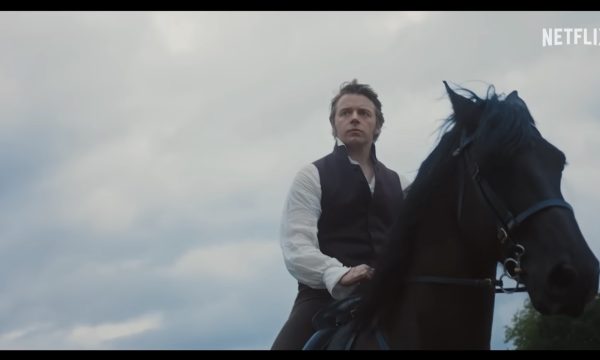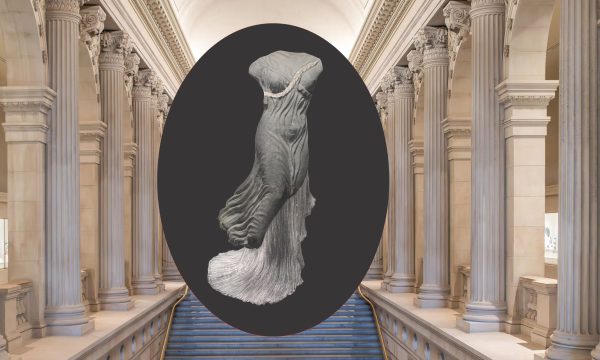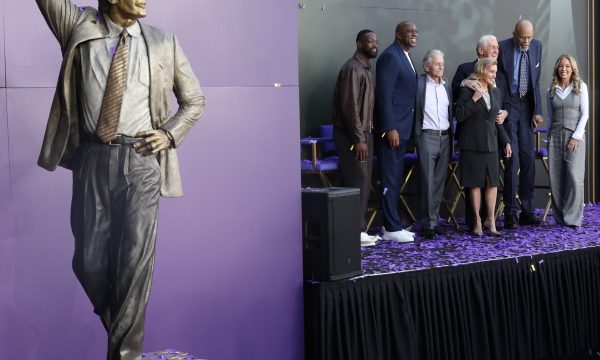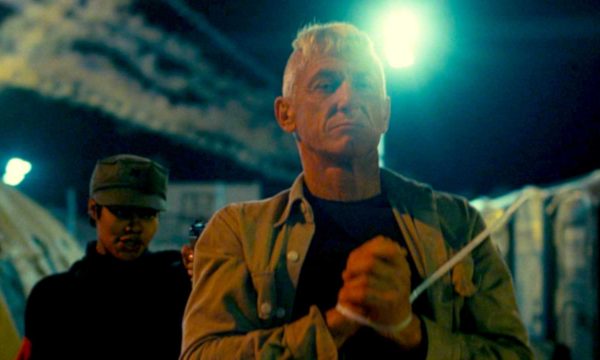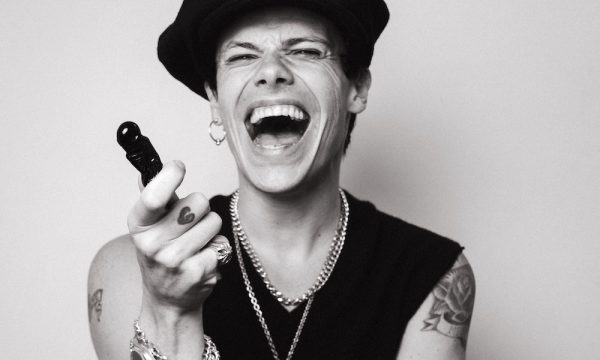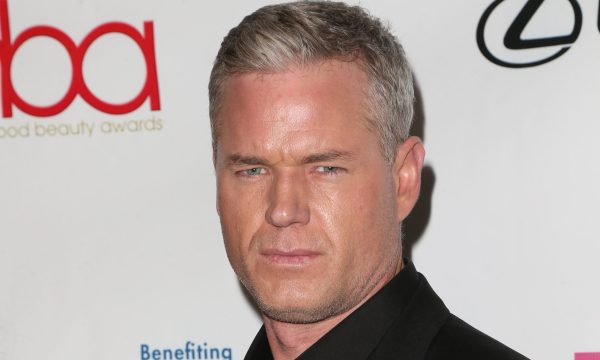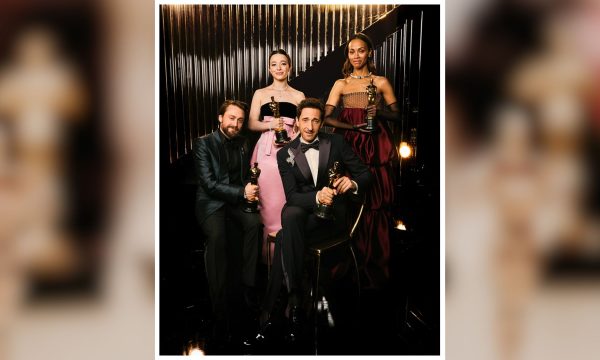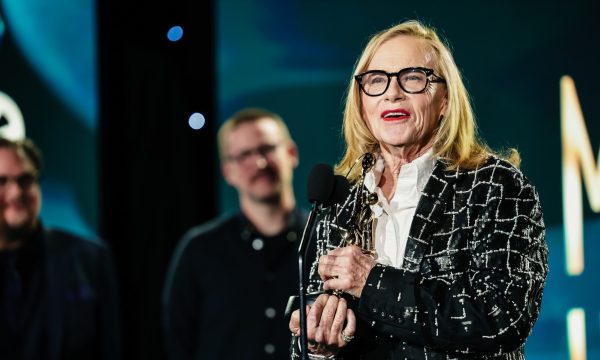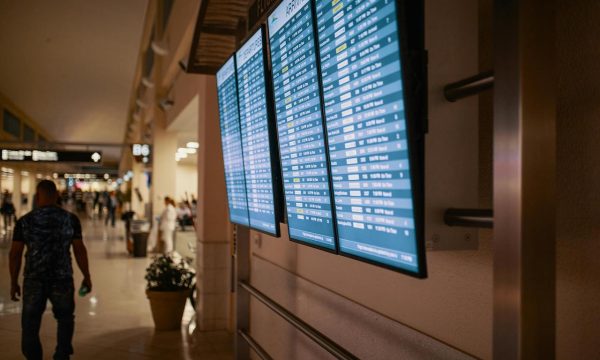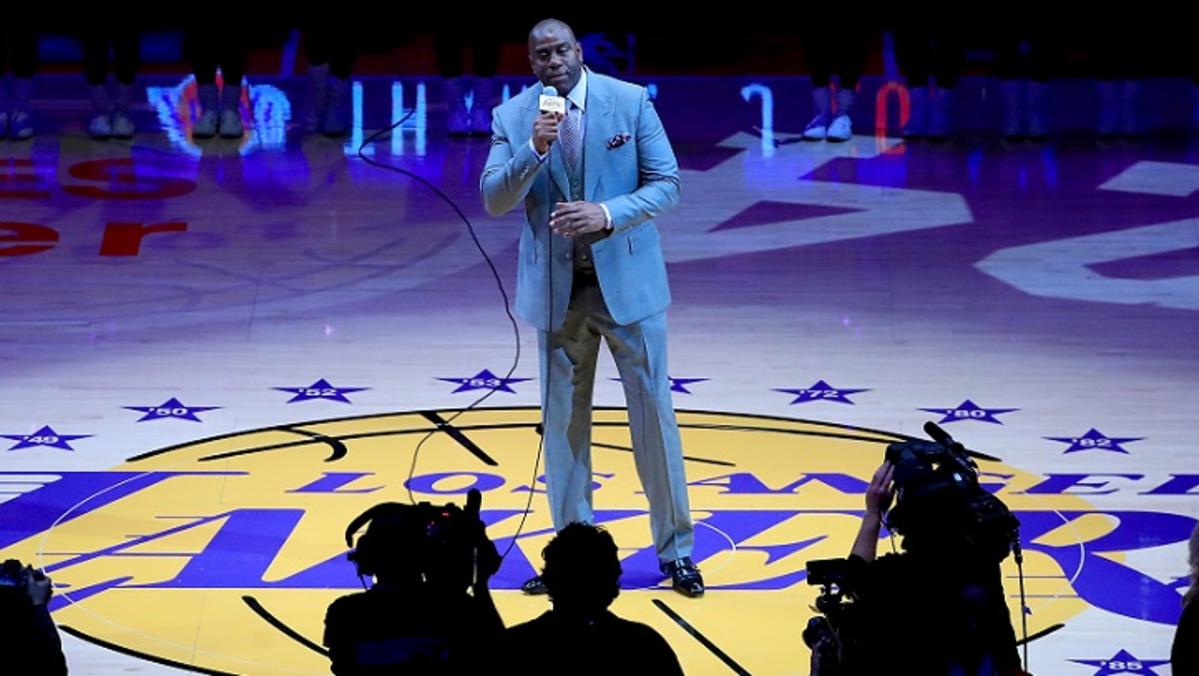
The Los Angeles Lakers fell to the Charlotte Hornets, 109-104, in a back and forth contest where the teams looked evenly matched for the night. Julius Randle led the Lakers with 23 points, 18 rebounds and six assists.
Like most games, the Lakers showed signs of their potential, but again were unable to translate it into a win. Tarik Black and Brandon Ingram, on consecutive plays, soared through traffic for tremendous dunks late in the third quarter, jolting the Staples Center crowd to their feet. Los Angeles used their athleticism to gain the momentum and turn it into a 82-80 lead heading into the fourth quarter.
New acquisition Corey Brewer helped push the lead to 88-84 by doing what he does best: breaking out in transition and wreaking havoc on defense. He’ll be a fine energy player for Luke Walton as long as the career 28.4% three-point shooter doesn’t get trigger happy from distance.
Despite facing a slim deficit with two minutes left, 99-98, the Hornets were able to finish the game on a 12-6 run, leaving the young Lakers puzzled about how this one suddenly got away. Simply put, the Hornets were able to hit their threes, connecting on 16 of 39 attempts (41%), and they did so late; Charlotte lives and dies by the three, and last night the swarm survived.
On Tuesday, Lakers President of Basketball Operations Magic Johnson announced the team had signed David Nwaba from their D-League affiliate Los Angeles D-Fenders. The local product (alum of University High School) did not score in his five minute NBA debut.
Nwaba appears to be the first in line for a series of 10-day team auditions. For a club poised to finish among the Western Conference’s worst teams, this is a low-risk, high-reward strategy using an open roster spot; with hopes to possibly strike gold on one of these players, and the Lakers will own their rights entering the offseason. If it doesn’t work out, it’s no harm to anyone involved.
This signing is the next phase in an impressive, under-the-radar approach by Johnson in his first week as President.
Johnson has hit the ground running since his promotion last Tuesday. In a week’s time, the Lakers have dealt Marcelo Huertas and Lou Williams to the Houston Rockets in separate deals before Thursday’s deadline, and waived veteran point guard Jose Calderon over the weekend.
Huertas and Calderon were dead weight at the bottom of the Lakers’ rotation, while Williams — who was admittedly the teams’ most consistent offensive threat — turns 31 in October and was a liability at the defensive end of the floor. Among the three former Lakers and the two non-asset Rockets who were received (journeymen Tyler Ennis and Brewer), the first-round pick Houston surrendered for Williams is most valuable to Johnson — even though it presumes to be a late-round selection.
Losing Williams will make the Lakers worse in the aggregate, which is actually in their best interest.
During the disastrous 2012 trade for a then 38 year-old Steve Nash, the Lakers sent the Phoenix Suns a lightly protected first-round pick, which has acquired more value during their recent losing years. The Lakers will forfeit their 2017 first-round pick if it falls below the top three, meaning a fourth consecutive losing season could come without the bonus of a blue-chip prospect at the end of the tunnel. The Philadelphia 76ers now own the pick after a 2014 three-team deal involving Phoenix.
In order to increase their odds of keeping that pick, the Lakers need to lose games.
Keep in mind that the Nash deal was made without any current players on the roster, with the exception of Metta World Peace who has played in three continents during that five-year span. Even with a revamped core, Johnson, Jeanie Buss and new General Manager Rob Pelinka will be operating at the mercy of Jim Buss and Mitch Kupchak’s decisions, including the albatross of Timofey Mozgov and Luol Deng’s contracts, which carry through the 2020 season. It would be shocking if either player is still on the team at the end of the decade.
For these reasons, securing an alternate first-round selection was a best-case scenario at the trade deadline. Even if the Lakers lose their pick, they’ll maintain the Rockets’ selection; if they keep the pick, it’s an added caveat for roster construction or easily packaged into a draft day trade. The Williams deal shows Johnson has the discipline and patience to make a nuanced move that won’t warrant a press conference.
So far, Johnson has created roster spots for 10-day tryouts and begun collecting assets, giving the Lakers flexibility this season and moving forward. He and Jeanie Buss have also made one thing abundantly clear: the Lakers are uninterested in pieces that do not factor into their long-term rebuilding program.
The Lakers will continue to pay for the sloppily managed operations of Kupchak and Jim Buss, but at least they are now in more capable hands.



